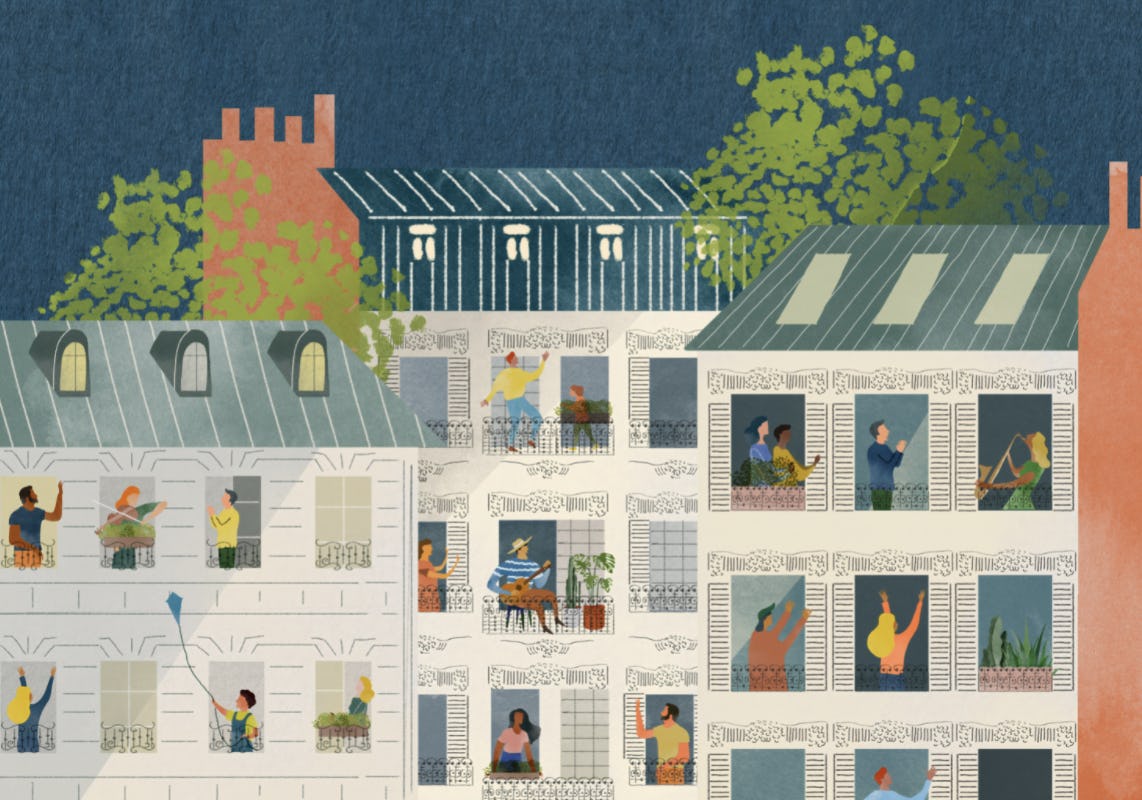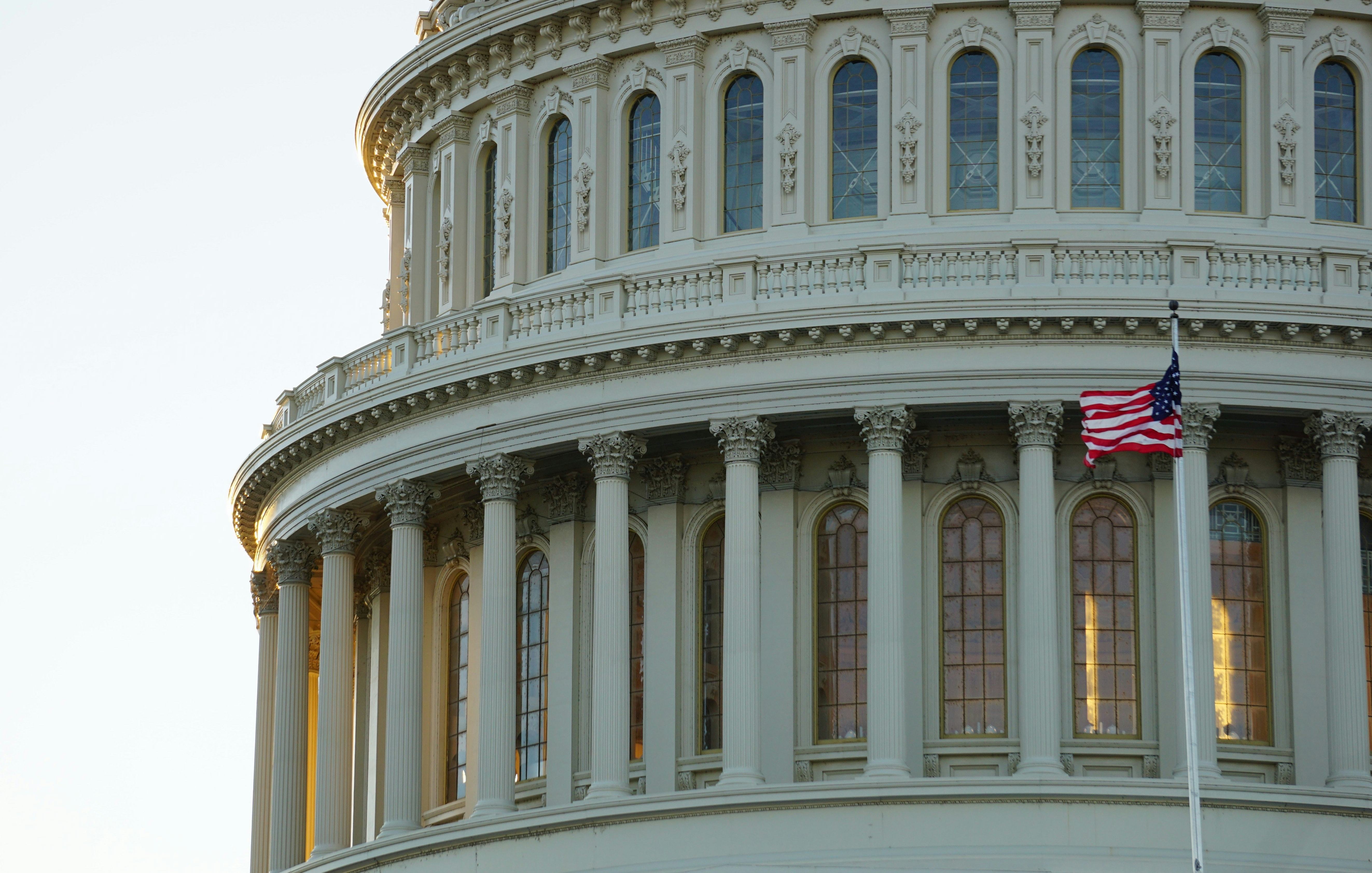Who do you want to be?
And what does “being in community” entail for you?
On a train across somewhere: the familiarity of sweat tinged air, a world in a window passing by, the sense of communion we get with travelers simply for the sake of too-small space,
In this particular moment
masks,
racial politics
and classism,
a passerby might look in and think I’m out of place.
Along certain axes, they would be right, along others they would be wrong: and I fit better here than many other places I appear to “belong to”
Ease in this movement: the routine of closeness in an economy class vehicle is shared the world over.
a rhythm punctuates the air
and I can close my eyes and re-inhabit this sensation in memories of my childhood home and in dozen other countries since
– stomach growling, I fish in my dusty backpack, then offer crackers and roasted peanuts to those nearby.
despite the persistent transience of my last decade, which has led to cultural ambiguity and constant re-adaption of norms, this is one childhood Balkan home habit I’ve committed to never breaking: if you have food and there are people around, you share.
The middle-aged man across from me places his hand on his chest, politely declines, but nods in appreciation.
the teenage boy to the right extends his hand enthusiastically.
peeling back the skin of salted peanuts, together we watch silently a fluttering to the dusty train floor below
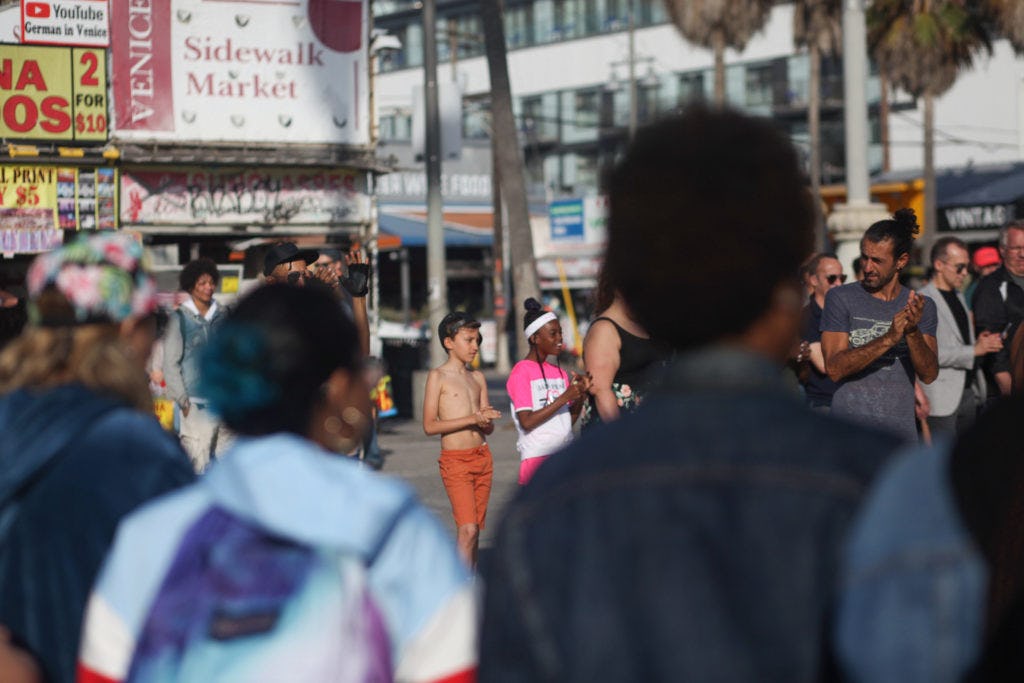
A few hours later, the young girl in our same compartment proffers her bag of crisps
and we do another round of communal snacking
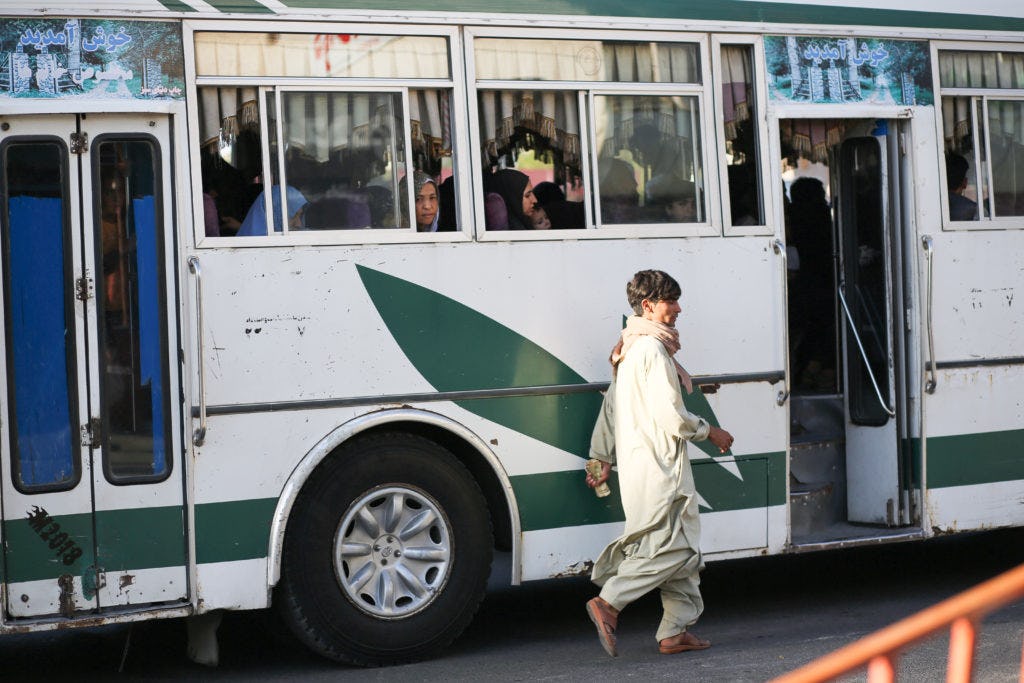
After eight hours, having hardly spoken, we’re still bound.
The goodbyes, “safe trip” and luggage assistance.
what is it about this “journey-ing” that facilitates community?
proximity and a spirit of openness.
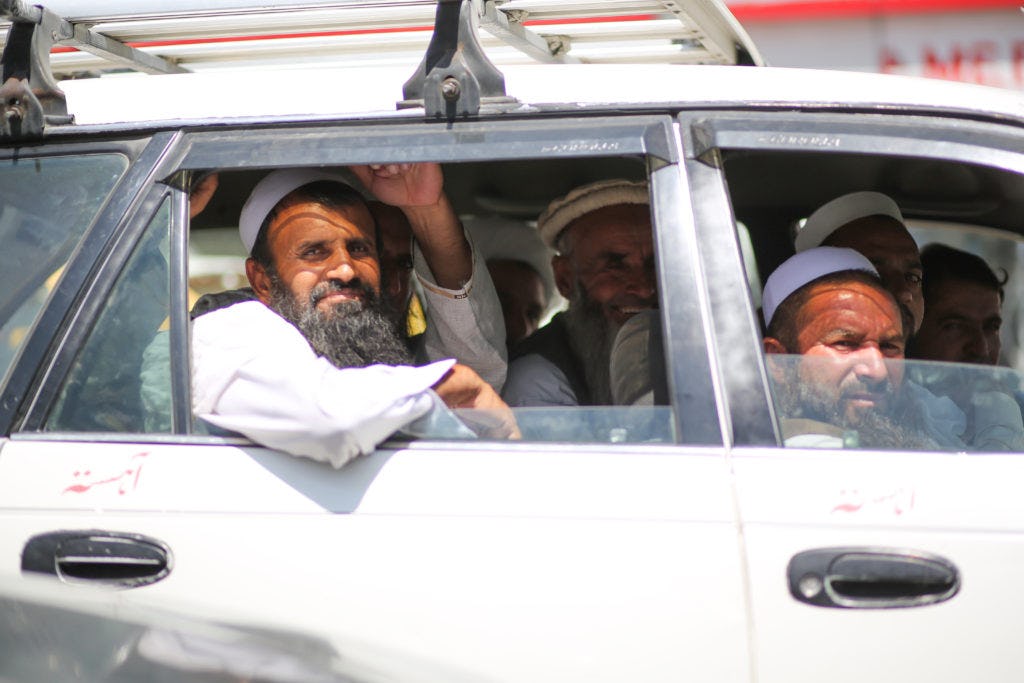
Generally, we think of community as a collection of people…
coined “our network,” it’s packaged as something permanent, eternal, and the likes of “this is my village.”
Increasingly I think it’s a state of being, not an entity unto itself. It’s often how you choose to be, with
those near, and not a static group of individuals.
Any sharing, of time and space, even if momentary, is a window for communion.
The train family only happened because we all chose to engage in that collective joy.
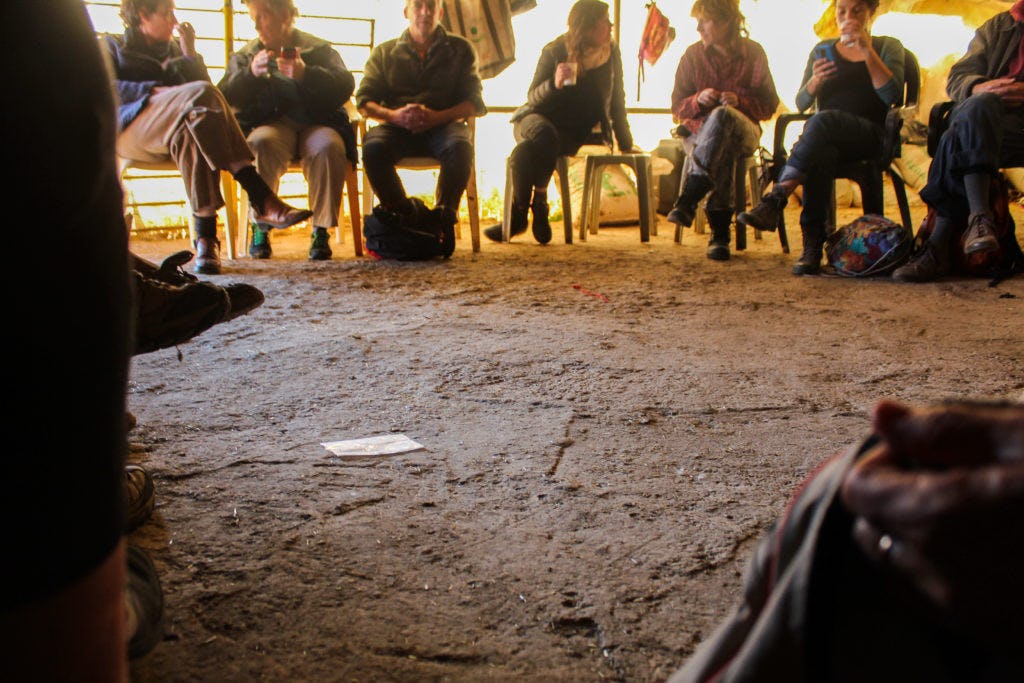
Loneliness plagues humanity.
In 2019 Forbes published an article titled, “Millennials and the Loneliness Epidemic.” (And that was before the global pandemic). Data is forthcoming on the effects, but preliminarily it’s been found in addition to Covid-19, isolation itself is killing people (Clay, 2020). Often researchers focus on data pertaining to globalization, increased social media or car usage, etc. to explain what’s ailing us.
But perhaps it’s time to dig deeper: instead of the forces acting upon us, should we look at how we ourselves are being shaped by those forces? Who we are letting ourselves become at the hands of hyper-capitalism and identity politics…
Our sense of community has eroded because we’ve been systematized to think that, one, most people we interact with are agents in a transaction, and, two, we must have something in common to experience a sense of community
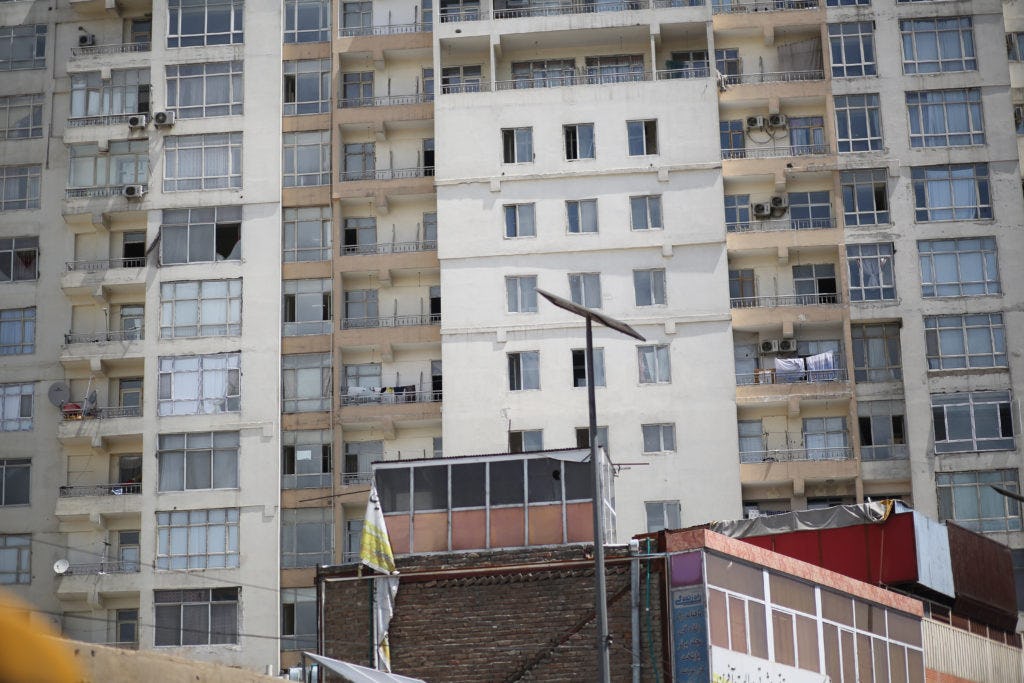
Elizabeth Anderson, a feminist philosopher and relational egalitarian, when contributing to the political philosophy debate around distributive justice, emphasizes not the material, but the relational equality between individuals. It’s the individual human dignity of each person’s existence, to be respected in relation to your own, that matters when discussing equity and justice (2013).
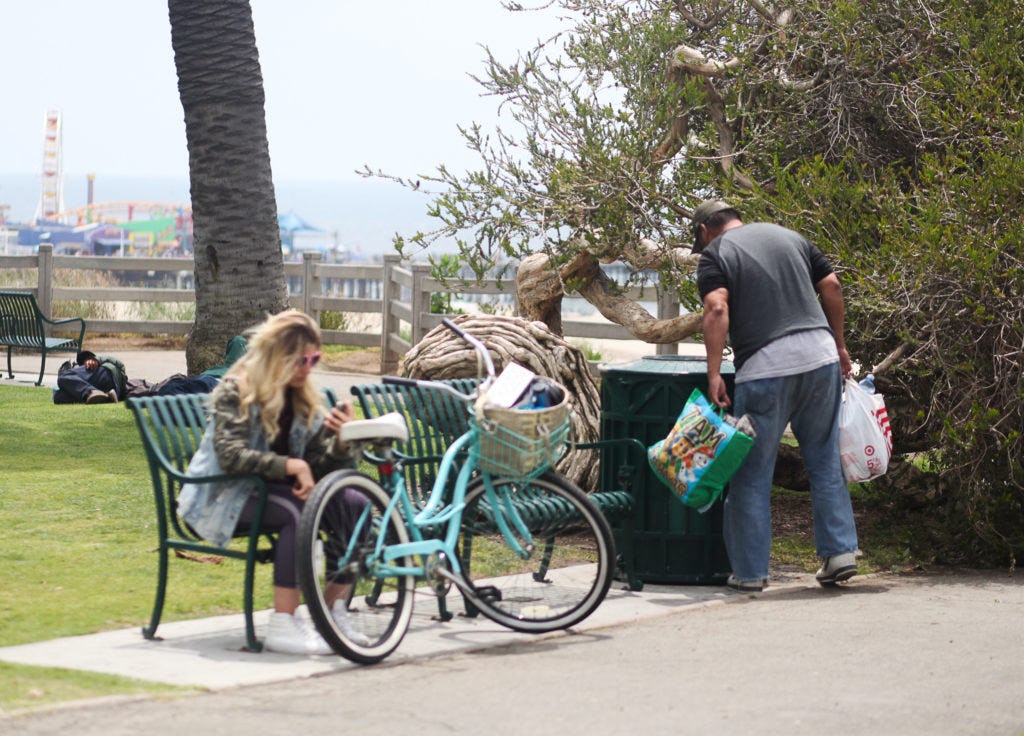
Half a century earlier, Simone Weil took to task the impersonal nature of “human rights” and educated us on human obligations, effectual, to other humans. What we owe each other, in enabling flourishing and individual dignity, is definitionally a result of our living in communion not pre-determined as an individual right. She writes,
“An obligation which goes unrecognized by anybody loses none of the full force of its existence. A right which goes unrecognized by anybody is not worth very much….A man left alone in the universe would have no rights whatever, but he would have obligations.” (The Need for Roots, 1949)
In the intense transactionalism of today’s world this has all but been lost. “Your” Amazon delivery guy is just your delivery guy. “Your” hairdresser just someone to review on Yelp. “Your” obnoxious middle school neighbor – just an obnoxious middle school neighbor. We bar ourselves from community in viewing these “yours” as means in a free-market instead of ends unto themselves.
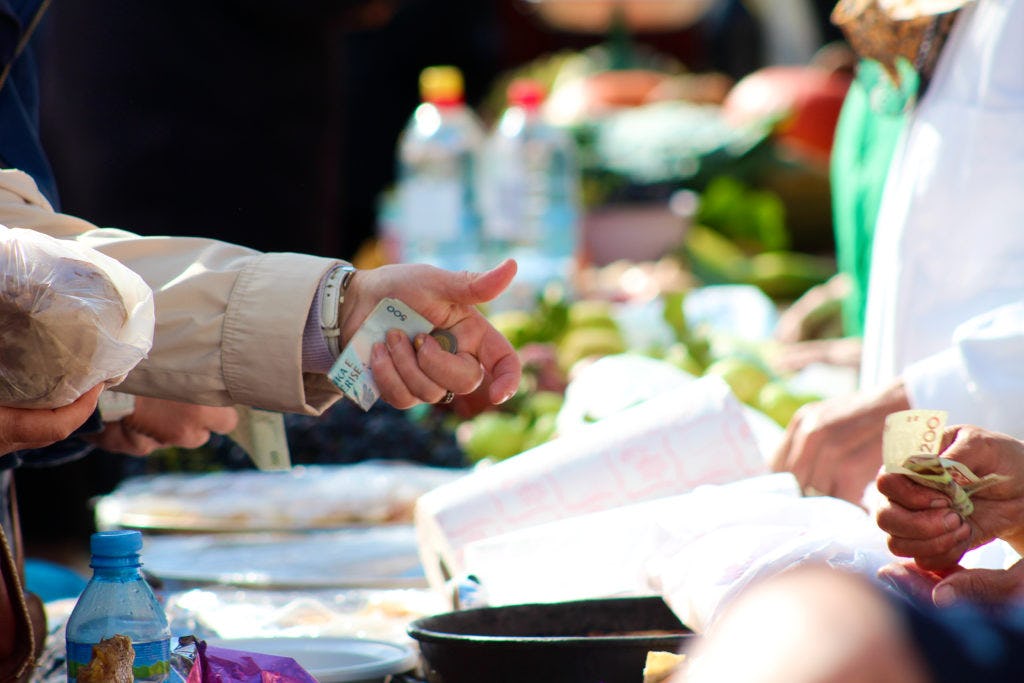
In addition to the economic system we live under being to blame, the strand of current rhetoric that says “we can’t be close. I have nothing in common with ____” is exacerbating our loneliness.
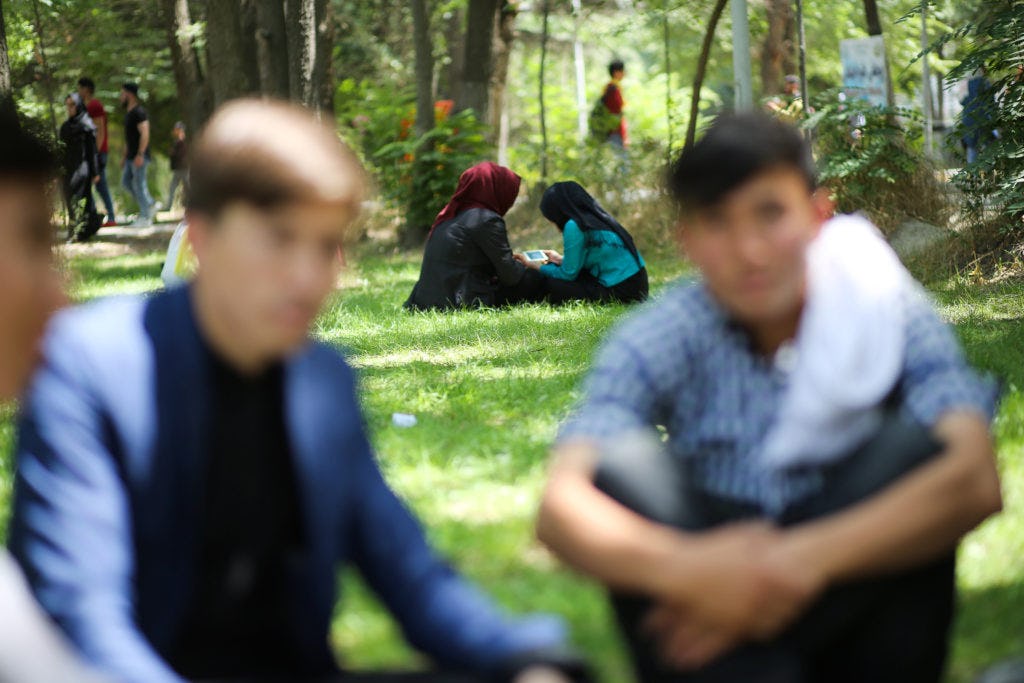
Not to say our identities are insignificant, do not misunderstand me.
Racism, classism, ethnic shaming, religious intolerance, sexism, homophobia…are all factors which can create shared spaces of extreme danger, discomfort, and hate. I am not naïve.
I have been spit on, stalked, yelled at, and deeply ostracized for the way I present in some settings, and this even within my privilege.
Sometimes sharing snacks on a train is not open to us: and we are justified in using all our energy simply to self-protect.
However, I am saying that ideally, commonality should not be the only way to access community. Starting to see the world only in that way, the artificial barriers to joy we create for ourselves in thinking we have to have shared identities to experience communion.
This conception is doing all of us a disservice.
Slowly maybe even killing us.
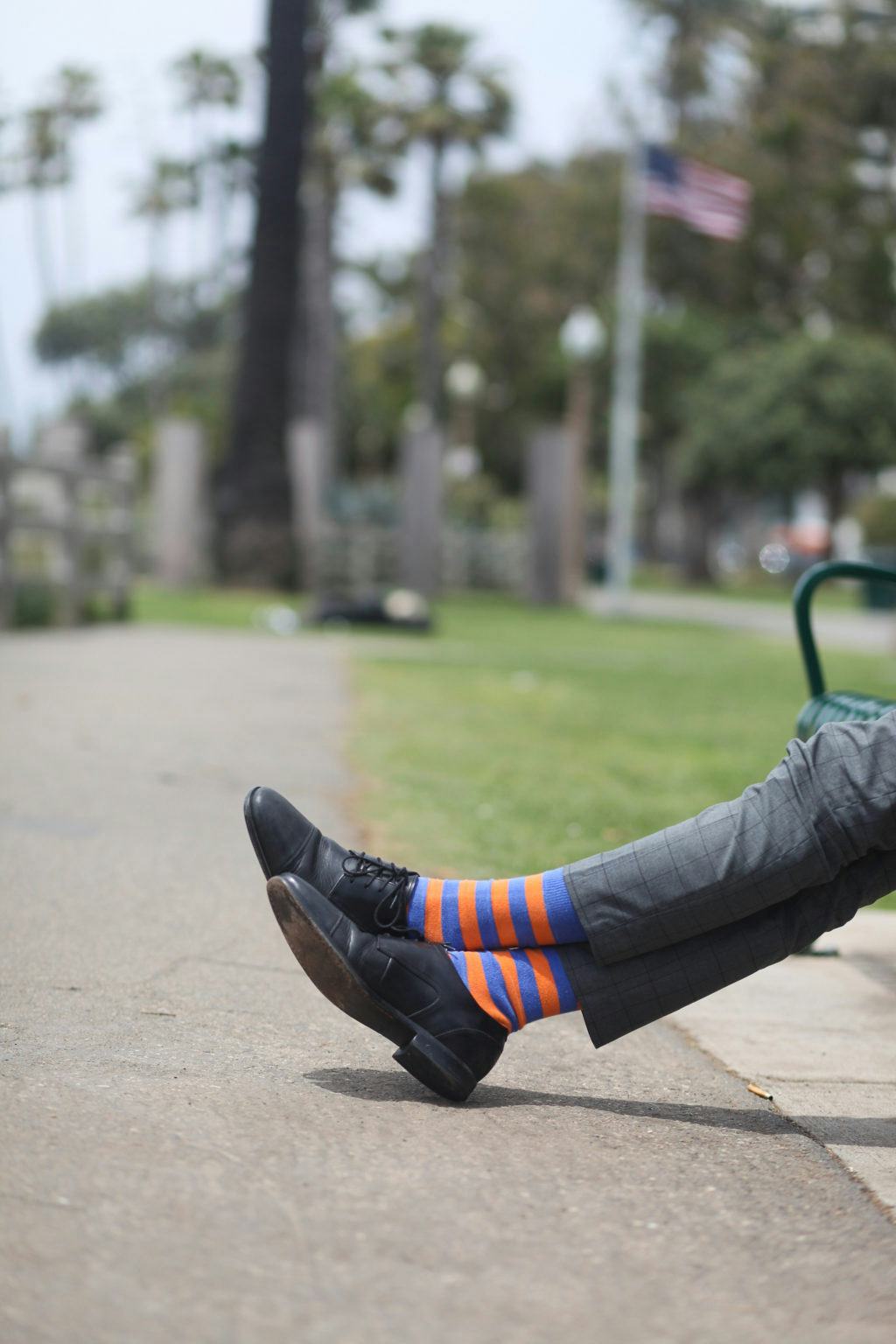
Audre Lorde gave us the significance of tolerance and acceptance with the words : “Difference is that raw and powerful connection from which our personal power is forged…Without community, there is no liberation…but community must not mean a shedding of our differences, nor the pathetic pretense that these differences do not exist.” (The Master’s Tools Will Never Dismantle the Master’s House, 1984)
Similarly, Reinhold Niebuhr emphasized the significance of grace in settling into co-existence. He talks about it as the community of common responsibility as underpinned by humility: in his view we hold our beliefs and opinions, committed to our ethical dispositions, but fully cognizant of our own shortcomings. (Christianity & Crisis, Niebuhr, 1941)
There is something deeply beneficial and critically healing to intentional communities created amongst people who can easily relate to the way your identity impacts how you move through the world. Hold those.
Exist there as long as you need.
The hope is only that, collectively, as we are healed, we are then able to move into a widened understanding of with whom we can experience community – beyond and across all kinds of barriers society has set up for us.
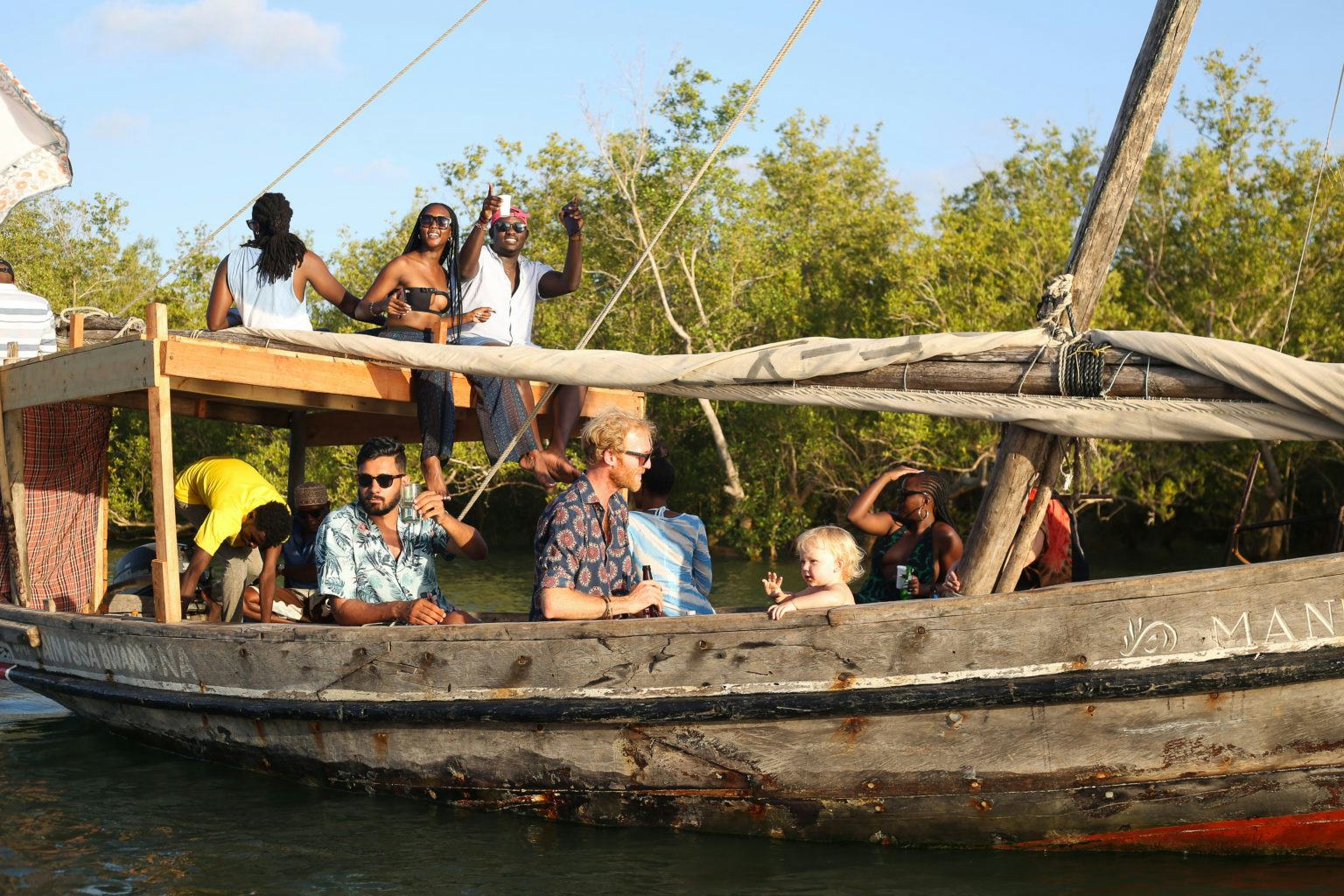
Today, on my run I passed a man sitting on a park bench whom I recognized; took me a minute to place but then brought great joy to nod, and continue on.
A busker who often plays in the center of town; we’ve sat together in the sun a number of times, me with paper and pen, him with guitar, passing time, a few coins, maybe some beer
Clouds move, people walk
impermanent and linked only by the moment,
yet somehow creating community.
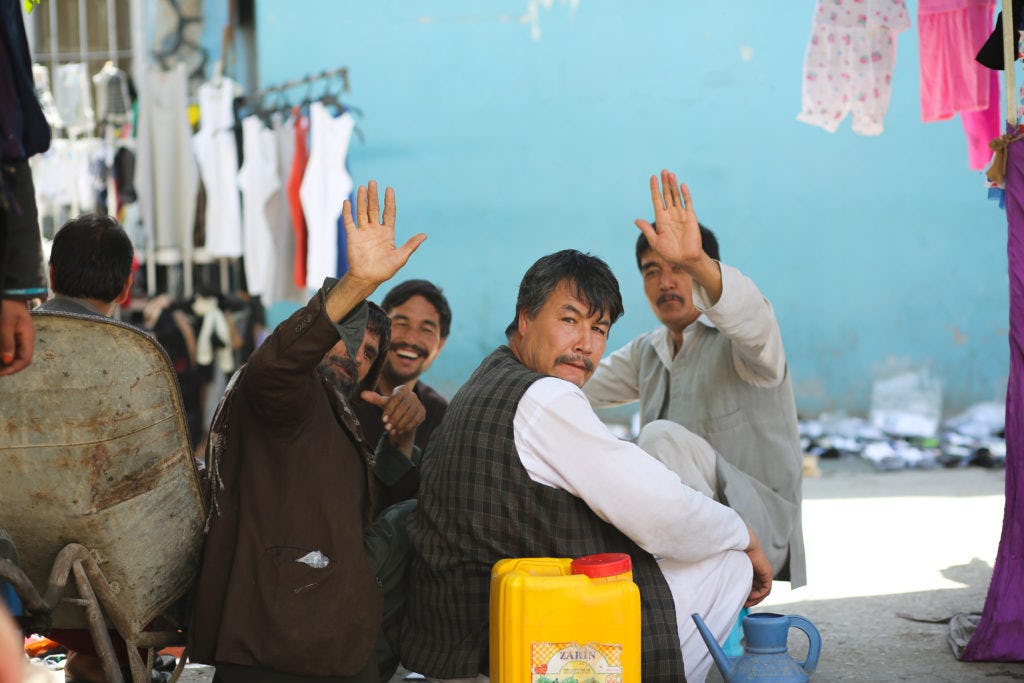
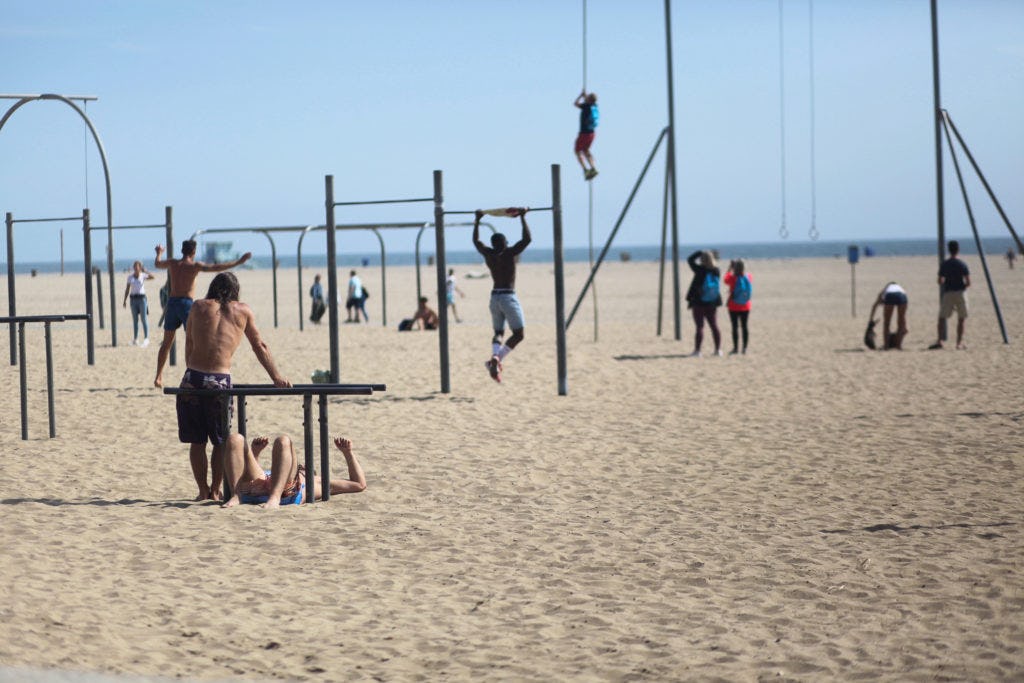
What would it look like if we were to spend less time manufacturing our “communities,” online and otherwise, thinking strategically about who belongs or what we want to “curate” and instead dedicated energy to co-existing well with whomever is nearby?
much like the phenomenon of the journeyer on any form of public transportation the world over…
You don’t always choose. The universe or the ticket office, or the bus driver, decides it for you.
But enough time and space, a bit of sharing snacks, and we might find our loneliness dissipates.
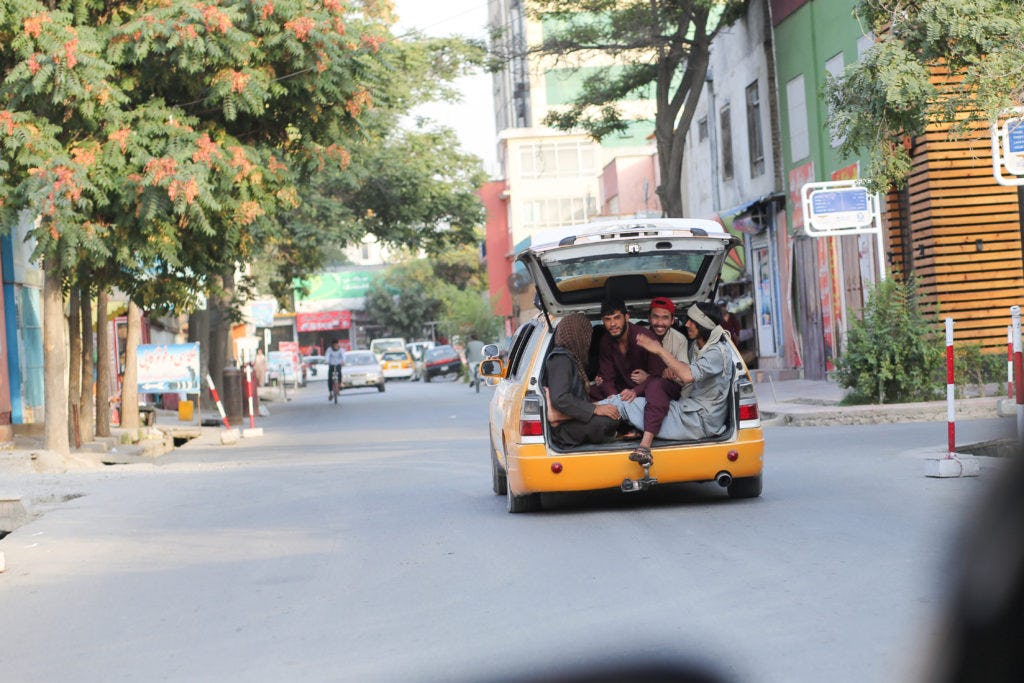
You might now, rightfully so, be objecting to the ethereal nature of the type of community I’ve just described.
What about your “ride or die” people?
This is a second layer of community creation: what does it mean in the modern world to hold an inner circle?
If an increasingly mobile existence you might question if random friends scattered across several continents, who’ve never met, constitute a “community”
I’ve similarly doubted.
Historically as creatures we’ve held our community members in physical proximity and as a collective.
Most of us don’t get to do that anymore.
Back when the pandemic started (and we were all Zoom happy), I brought together my closest friends for birthday drinks
Observing a dozen people, across seven time zones, “interact” on my computer screen it was wild to note they had nothing, so to speak, in common: Black, White, Brown, Atheist, spiritual, Christian, straight/queer, scientist, nurse, academic, vegan athlete…
“my people” not because of any shared tangible characteristic, which is often the metric we use to define community, but because of what they value and the energy they put forth into the world.
There’s enough there for me to say I belong to a “community”
Just because “your people” can’t have dinner together this weekend or speak the same language, doesn’t mean you don’t have a community. Removing all societally deemed “commonality” (which says it’s things like skin color, language, wealth, education, religion…) we’d benefit from reframing our communities in terms of values and shared vision: the way we hug, love, contribute our intelligence, approach our truth, and give back to our respective corners of the world.
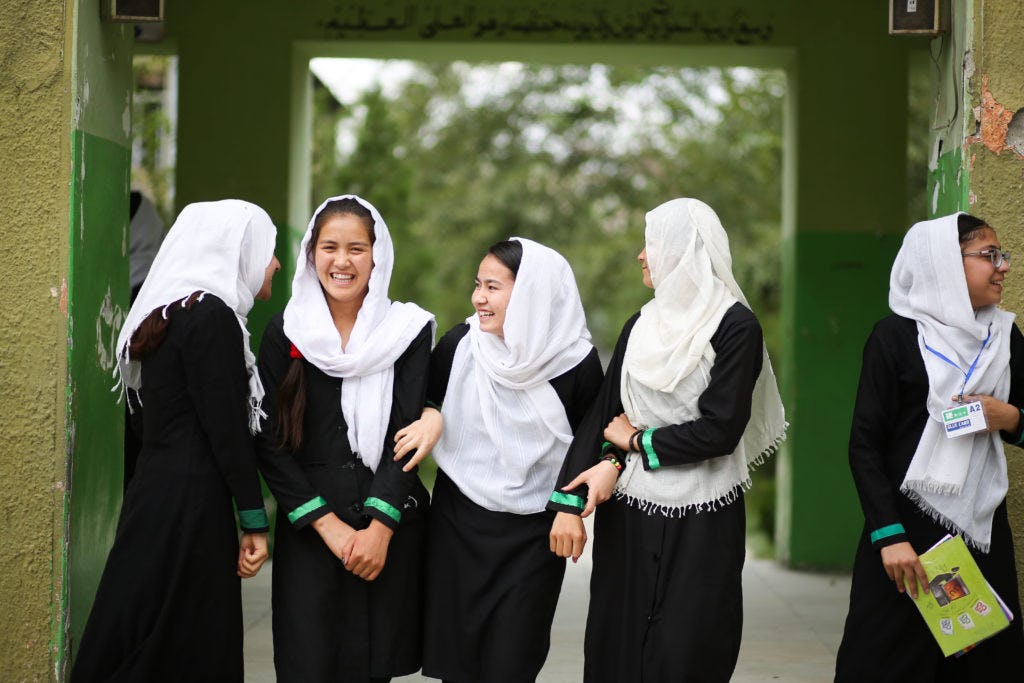
“As you enter positions of power and authority, dream a little before you think.” – Toni Morrison
Community is forged amongst those willing to dream with you,
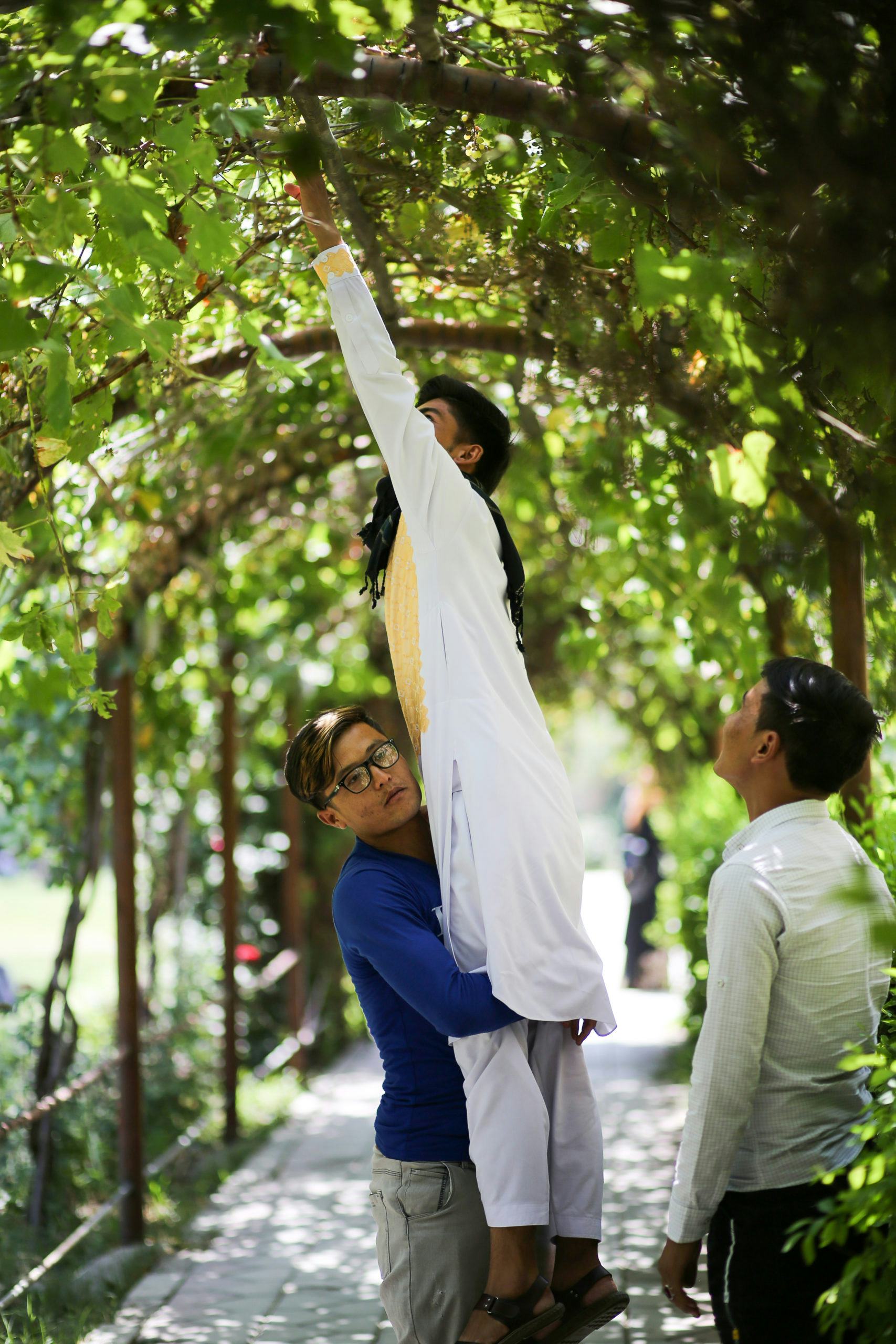
“Love does not consist of gazing at each other, but in looking outward together in the same direction” de Saint-Exupéry
Finally, creating community is best facilitated when we are able to embrace solitude.
Busses/trains/planes,
sitting under a damp staircase in Oxford
on the dusty side of the road in Ramallah,
on a sweaty bus in Kenya
Much of life is indeed alone.
I’m best at community when I’m most at ease with myself.
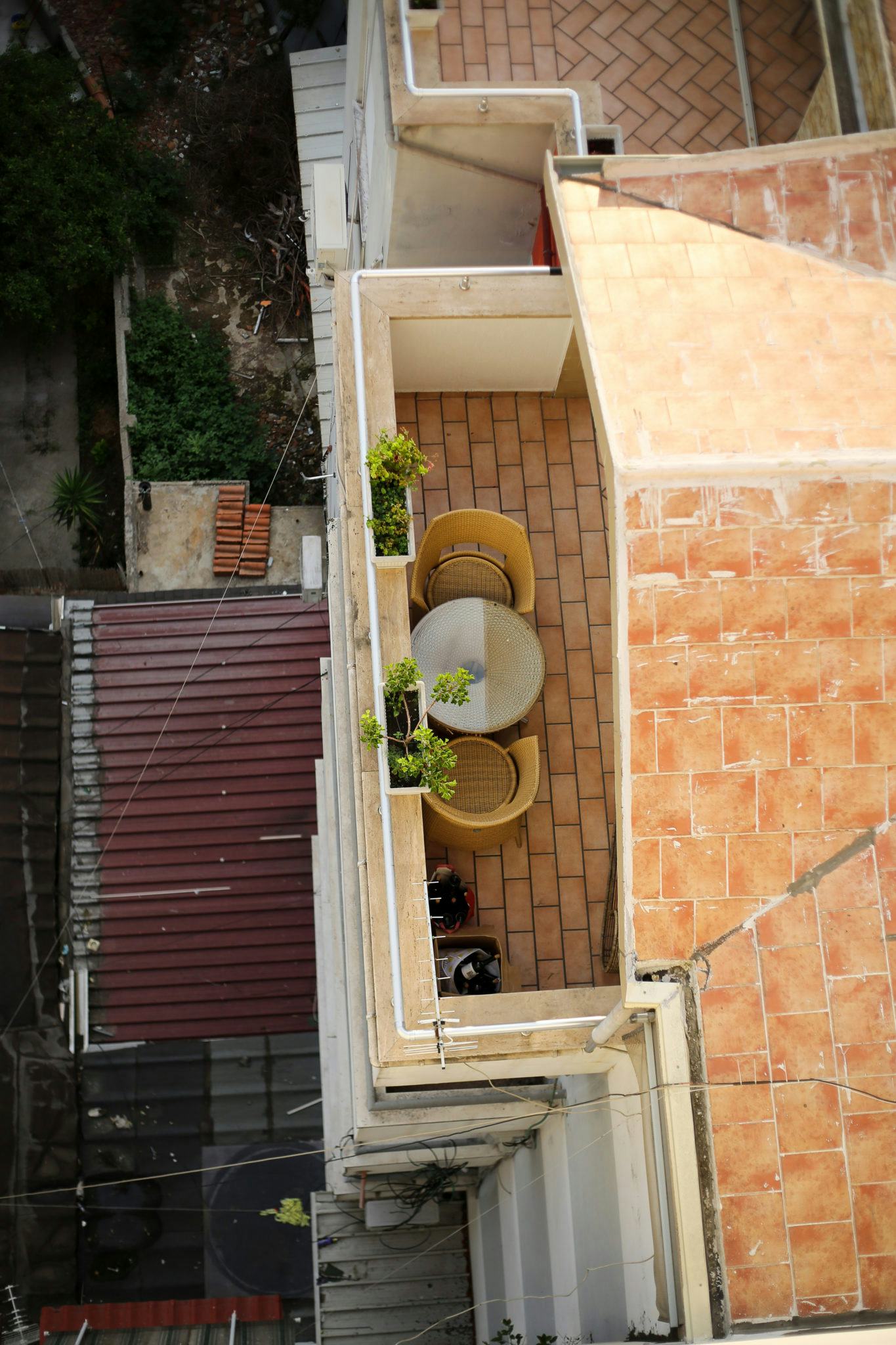
“A togetherness between two people is an impossibility, and where it seems, nevertheless, to exist, it is a narrowing, a reciprocal agreement which robs either one party or both of his fullest freedom and development. But, once the realization is accepted that even between the closest human beings infinite distances continue to exist, a wonderful living side by side can grow up, if they succeed in loving the distance between them which makes it possible for each to see the other whole and against a wide sky!” – Letters to a Young Poet, Rainer Marie Rilke, 1929
Being alright with yourself, knowing your boundaries, living well in your flow, underpins an ability to forge and feel communion with others.
On the loneliest of days, when deep gray hues of isolation surround
I suggest two new ways of framing connection
One, attempting the immediacy of communion with those nearest, two, re- centering yourself within a community of shared vision.
Community no longer looks like the villages many of us grew up in.
No longer a baker who knows your name, a seamstress who is basically part of your family, an aunt around the corner—it’s unlikely you have constant humans you see every day who speak all your same languages and share an understanding of what’s shaped you.
However, community still exists. Fluid, magnificent,
Waiting for us to enact and engage with.
As the generation plagued by loneliness, it’s up to us to be community,
Not wallow in what is lost, but dedicate ourselves to creating what is new.
Photography taken by Elena Gallina in Israel, Palestine, Afghanistan, USA, Kosovo, Albania, Jordan Valley, UK, and Kenya.
Elena grew up in Kosovo in the aftermath of the war there, has since lived and worked in various conflict settings across the Middle East, and is currently based in Oxford, England on a Rhodes scholarship. Her research and photography explore the quiet moments in often misunderstood and sensationalized environments, with particular focus on womxn’s empowerment and bodily self-confidence. Raised by American Christian parents in a majority Muslim country, she was questioning approaches to faith from a very early age. She now identifies as non-religious but committed to a concept of the Divine.
Discover more from Elena Gallina.







